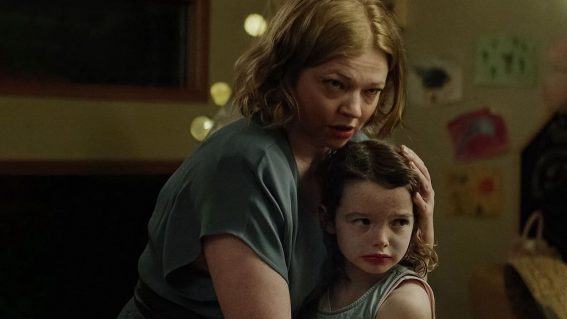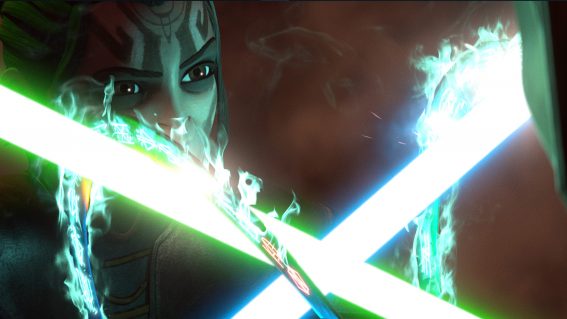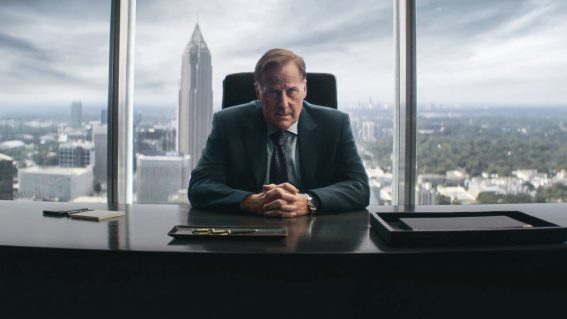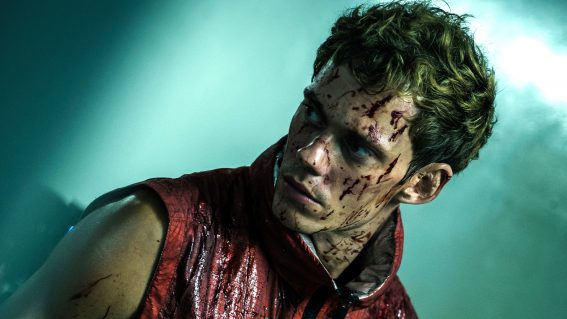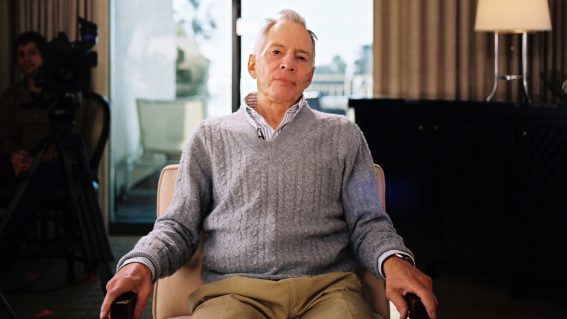Netflix’s Wednesday keeps a great character alive, whether she likes it or not
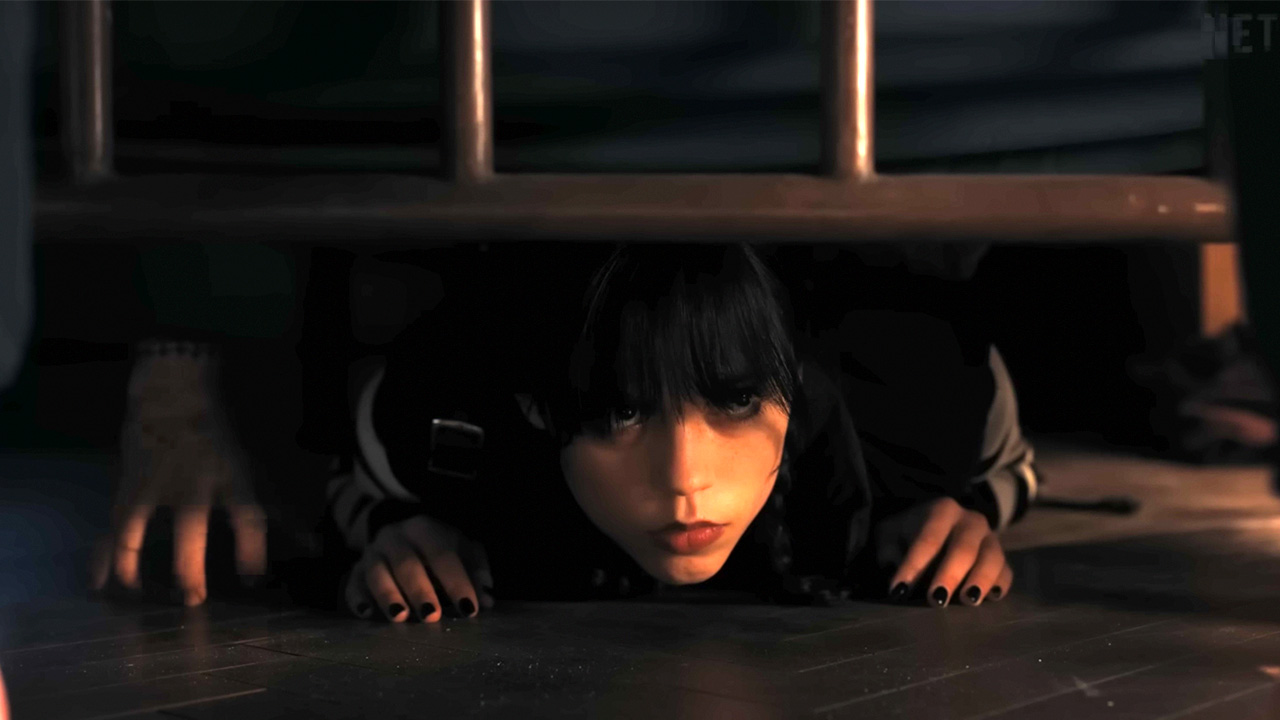
Great casting, production design, score, and an ideal director combine to make Netflix’s Wednesday Addams solo show a delightfully dark concoction. Lillian Crawford finds Wednesday soulfully relatable, too.
Ignoring the two recent CG-animated features, the popular image of the Addams Family is intimately tied to the live-action movies directed by Barry Sonnenfeld in the early 1990s. Amongst an iconic menagerie of Addams played by some of the finest character actors from Anjelica Huston and Raul Julia to Christopher Lloyd, it was the young Christina Ricci as Wednesday Addams who stood out amongst the rest. So much so that she is the latest ‘legacy’ character to receive their own spin-off, beginning with an eight-episode Netflix season with the strong suggestion there will be more.
The series has been written by Alfred Gough and Miles Millar, best known for creating the Superman prequel series Smallville. They clearly know how to take a single character and draw out a clear and original arc, breaking down Wednesday’s icy exterior gradually so as never to lose her essence. The aesthetic of her character is beautifully weaved into every element of Wednesday’s design, from Colleen Atwood’s costumes to Danny Elfman’s themes. It lends itself perfectly to Tim Burton as lead director, who practically defines camp gothic.
At the heart is Jenna Ortega, who, despite being an adult woman, is totally believable as the teenage Wednesday. She is more pubescent than Ricci’s characterisation, wrestling with feelings for girlfriends and boyfriends while desperately suppressing them to her inner crypt.
Ortega plays Wednesday with sensitivity, giving empathetic resonance to her behaviour and sense of overwhelm that feels like a positive representation of neurodivergence. In so doing, one gets a clear impression that the character will resonate strongly with many teenage girls in a potent way.
Ricci herself comes along for the ride in an inspired piece of casting, playing the matronly botanist Miss Thornhill, drawing a neat thread between the earlier Sonnenfeld films and Wednesday. The rest of the Addams Family are also present, albeit in more peripheral roles, but majestically portrayed by Catherine Zeta-Jones as Morticia, Luis Guzmán as Gomez, and Fred Armisen as Uncle Fester. Their influence on Wednesday remains clear without intruding on her story, and it is particularly beautiful to see how Wednesday’s uncle manages to elicit one of her few smiles upon first appearance.

Much of the series’s action takes place at Wednesday’s new boarding school, Nevermore, which itself is filled with a diverse bag of new characters for her to interact with. The school principal. Larissa Weems, is formidably played by Gwendoline Christie, who towers and looms over proceedings as Wednesday seeks to uncover the mysteries of a monster carrying out attacks on the ‘Outcast’ students.
Of the pupils, Emma Myers is exceptional as Wednesday’s vibrant werewolf roommate Enid, bringing some necessary brightness and colour to her world which slowly but surely rubs off on her new friend. Her pastel-rainbow talons especially are to die for.
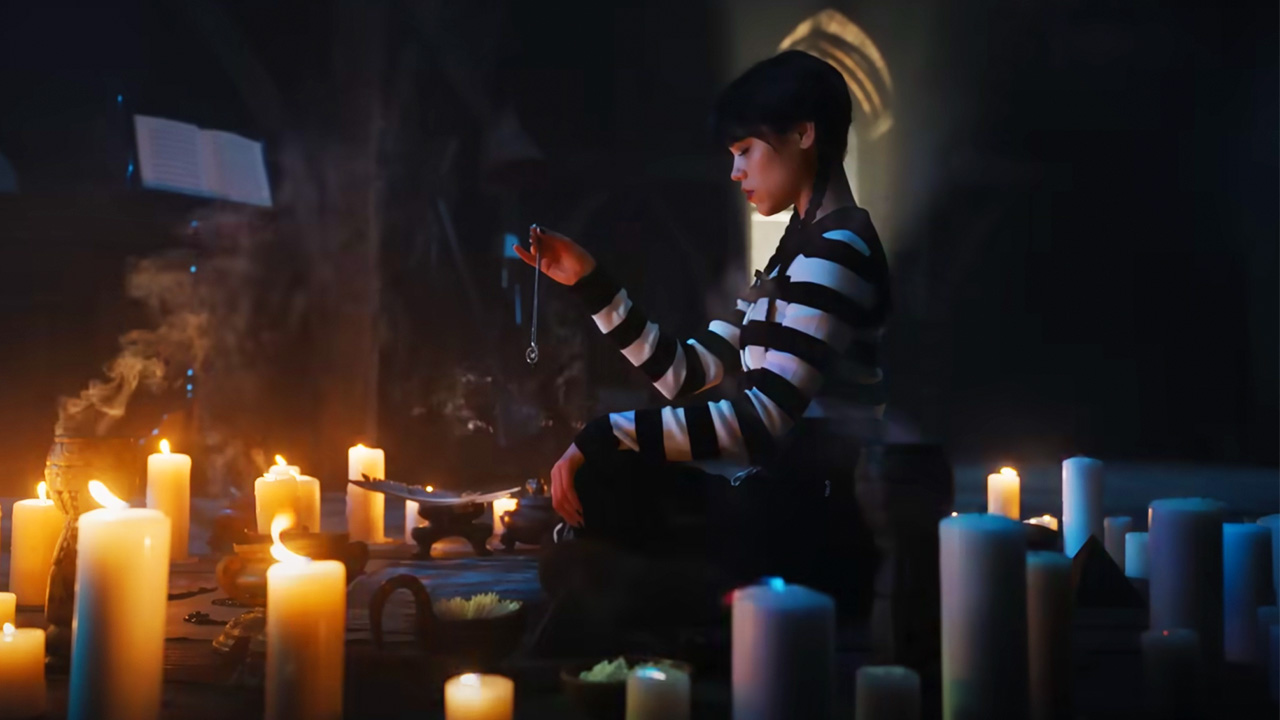
There are some wonderful stylistic flourishes scattered throughout Wednesday, lending some gothic cinema to what often feels like a typical teen series. These especially come in Wednesday’s cello recitals, moving from The Rolling Stones to Edward Elgar, accompanying some exceptional set pieces. In many ways the Burton touch makes this feel like the perfect follow-up to Netflix’s exceptional TV adaptation of Lemony Snicket’s A Series of Unfortunate Events.
Like that series, the world is clearly a meticulously manufactured one, but the young characters at the core never lose a sense of relatability we often fail to find in realistic characters. If Netflix are attempting to create a more inclusive and diverse fantasy school series for young people, then they have succeeded with aplomb.


